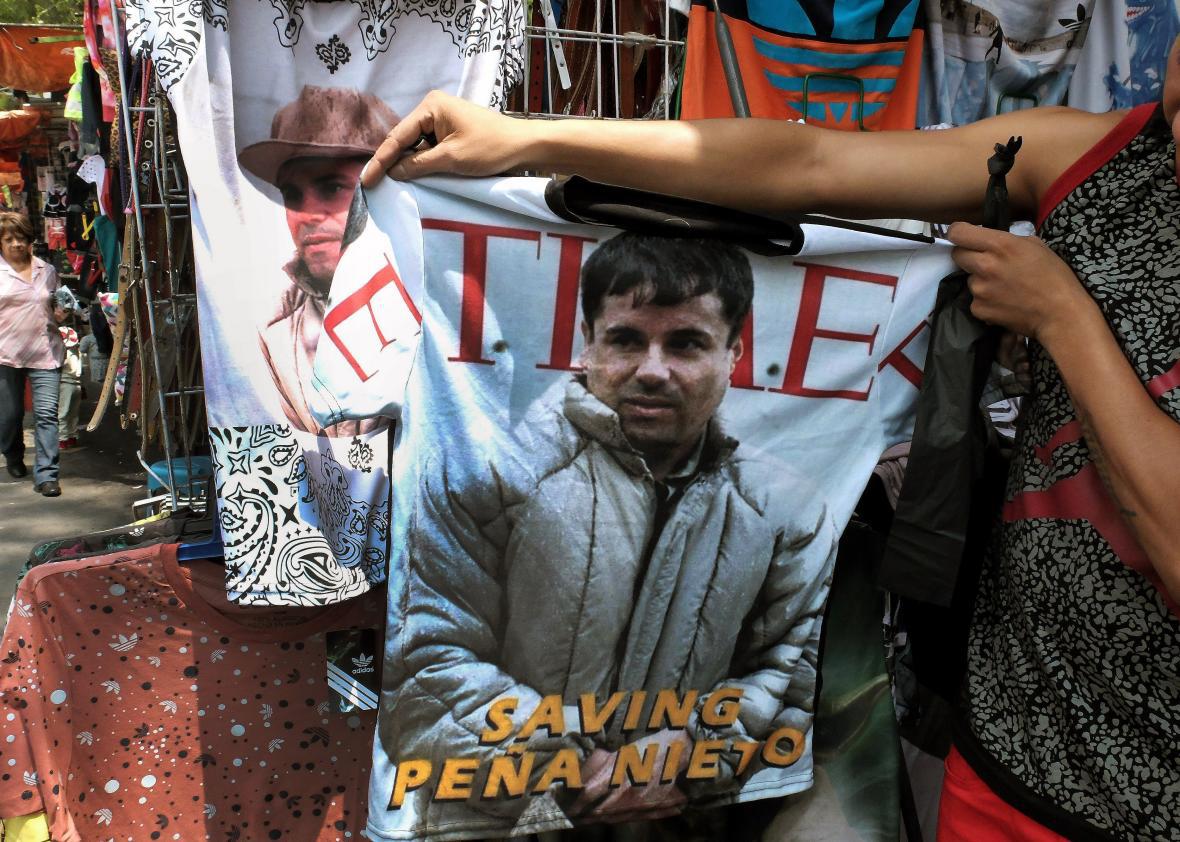Drug kingpin Joaquín Guzmán Loera was recaptured Friday, according to a tweet from President Enrique Peña Nieto, but given that “El Chapo” has already escaped from prison twice, once in a laundry cart and once via a mile-long tunnel that took months to construct, there’s some understandable skepticism about just how long he’ll stay captured this time.
The immediate political question is whether he will be extradited to the United States. The U.S. had issued a formal request for Guzmán’s extradition less than three weeks before his escape last summer. Cases involving drug trafficking and other crimes are pending against him in several U.S. jurisdictions. The Mexican government, always prickly about the U.S. impinging on its sovereignty, has been reluctant to give up the country’s most famous criminal, preferring to prosecute him themselves. Former attorney general Jesús Murillo Karam had said that Mexico would be willing to extradite Guzmán only after he had served time for his crimes in Mexico in “about 300 or 400 years.”
After Guzmán’s escape last year, which almost certainly involved inside help, it was a lot harder for the Mexican government to be so cocky. Shortly after the escape, a Mexican judge issued an order for Guzmán to be extradited in the event he was recaptured, based on the previous U.S. request. But that order was temporarily suspended and then reversed by the court in October.
President Peña Nieto could probably still issue an executive order to extradite Guzmán before he faces trial in Mexico, and given what happened last time, he may be under strong pressure from the U.S. to do so. The arrest comes at an awkward time in U.S.-Mexico relations. In October, the U.S. State Department cut some anti-drug funding to Mexico over human rights concerns, following heavy criticism over Peña Nieto’s handling of the disappearance of 43 students—a rare case of the U.S. criticizing Mexico’s handling of the drug war. Giving up a public enemy of El Chapo’s stature would be embarrassing for the Mexican government, but perhaps not as embarrassing as seeing him waltz out of jail a third time.
